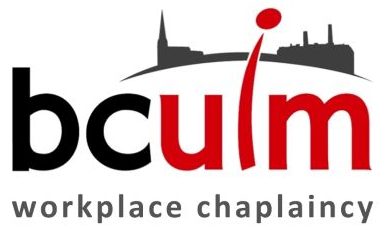Bringing the values of God's Kingdom to everyday life.
Engaging with the Economic Order
Throughout the scriptures, God is revealed as concerned for the economic well-being of his people.
Old Testament laws are intended to avoid inequalities developing over generations (e.g. the Sabbath year and the Jubilee) and to safeguard the poor, whilst the prophets speak out about unfair business practices. In the New Testament, we hear of the God who "has filled the hungry with good things, but has sent the rich away empty."

As we come to understand the God of justice, it should lead us to take seriously issues of wealth and poverty, with associated inequality. We may ask questions of those who are in position to change things and churches will continue to be at the forefront of supporting people in need.
God's character is expressed through creation, and mankind was given stewardship of that creation. Our economic activity, spending and investing, will be a powerful indication of how seriously we take that role
Workplace Chaplaincy
Chaplains represent the church in the workplace, and by extension, they may be said to represent the God who is immanent, and who sent Christ into the world to make himself known.
Their ministry is a means by which God may draw near to people who have few other glimpses of His presence. It is a fulfilment of the Great Commission to "Go into all the world...."
The pastoral ministry of chaplains is on behalf the God who draws near to the broken hearted (Psalm 34: 18). Their prophetic ministry brings an understanding of Gods will to specific situations.
Promoting "Faith at Work"
God is introduced to us as Creator, who takes pleasure in His creation, and shares responsibility for it with people made in His image. For that reason, creativity is an important contributor to human fulfilment.
Throughout the Old Testament the value of human work and creativity are affirmed. Jesus was a carpenter, and throughout his ministry we read of encounters with people at work. Much of his teaching is based on the examples of working people. The early church recognised the importance of practical service and St Paul emphasised the importance of work both to provide for daily needs and as a way of serving God.
God reconciles all things to himself through Christ (Col 1:20), a process which will find its fulfilment in the re-creation of the heavens and the earth.
Promoting "Faith at Work" recognises the heart of God as Creator, integrally involved in His world, and bringing it to the perfection which he intends. Bringing that understanding of God to the working world, it sees the creative capacity of human beings as sharing in God’s purposes.









